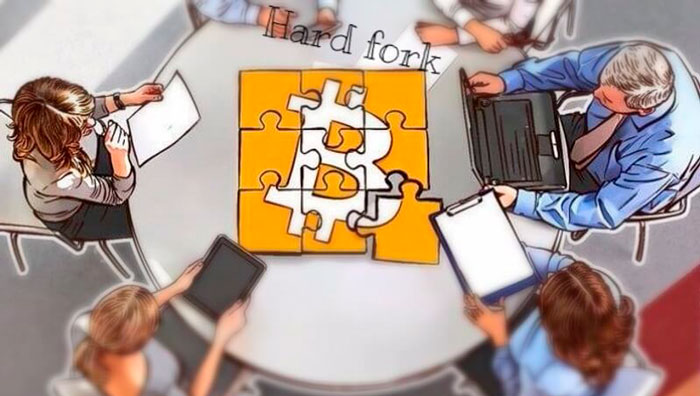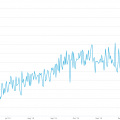
A bug in the bitcoin code will cause the network to stop if it doesn'tUsers won't be able to sendtransactions, and miners add blocks. However, most of today's cryptocurrency users have nothing to worry about, as it will not prove itself in their lifetime. Estimated time for the bug to appear: 2106.
The bug is easy to fix, but the process inwill once again require the use of a system for approving changes in the bitcoin protocol. Developers have known about the problem since at least 2012, said Bitcoin Core contributor Peter Wülle.
“This is a consensus change, but very simple. I hope it won't be controversial- he explained in a conversation with CoinDesk.
We still have about 80 years to solve the problem. How to know what can happen during this time? "
The bug is as follows. Bitcoin blocks are containers in which transactions are stored. Each block has its own serial number. The peculiarity of the formation of blocks leads to the fact that Bitcoin will run out of such numbers after block 5101541. In other words, after the next block, which will be approximately released in 86 years, no more blocks can be added to the blockchain.
Main problem with troubleshootingis that this will require a hard fork. All miners and node operators will need to update their software in advance to support the update, otherwise they will remain in the faulty chain.
In the past, hard forks were used by separategroups to impose their political will, as was the case with the Segwit2x movement in 2017. However, in this case, the various participants in the ecosystem should not have incentives to sabotage the update, since it is aimed solely at keeping the network operational. Those who decide not to participate in the hard fork will remain in a dead-end chain.
Head of product at Bitcoin startup VeriphiGustavo Flores noted that the likely absence of controversy does not make the hard fork any less interesting, as any update reflects the impossibility of the complete "rigidity of the protocol".
In the early years of Bitcoin, its numberthere were few users, and consensus changes could be made relatively easily. It is assumed that as the cryptocurrency matures, a set of well-established rules will be formed, the need to deviate from which should not arise too often.
“The rigidity of the protocol means that inat some point (some say it should happen now) bitcoin will no longer have to change. The rules will become akin to the country's constitution and will not change because the network will be too decentralized to coordinate any changes. "Flores said.
Developers consider ossification positivequality, as it indicates that the system is decentralized as much as the community wants. This eliminates the possibility of imposing will by individual participants, including large companies that may pursue their goals at the expense of decentralization and the core values of bitcoin.
“However, this bug indicates thatthe possibility of organizing a hard fork is desirable, since everyone wants to fix the malfunction and is interested in the survival of bitcoin after the specified period,Flores added.
So we return to reality where the dream is aboutthe rigidity of the protocol that will allow us to achieve full decentralization is not as close as it seemed. It may remain just a dream, to which we will come closer over time, but we will never reach it, because such unforeseen situations may arise. "
Rate this publication





